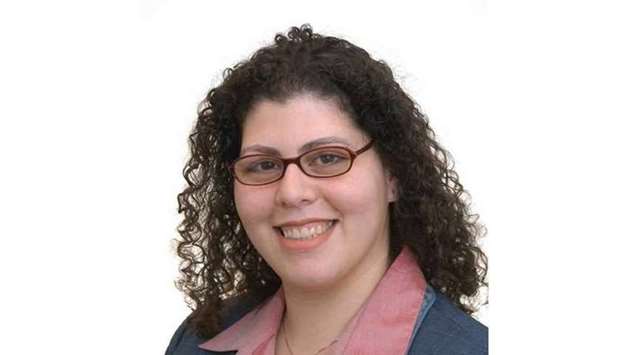A Qatar Foundation researcher has recommended that a pregnant woman can make a decision to get vaccinated for Covid-19 on two aspects: exposure to the virus or certain underlying medical conditions.
“First, what's your risk of exposure to Covid-19? Are you a nurse dealing with Covid-19 patients? Is your husband or another member of the household in a profession that puts them at high risk of exposure? Either of these will significantly increase your risk of exposure,” said Dr Moune Jabre, assistant professor, Clinical Obstetrics & Gynaecology, Weill Cornell Medicine-Qatar.
“The second thing to consider is, do you suffer from any underlying medical conditions like chronic lung, kidney or heart problems, diabetes, high blood pressure or sickle cell disease? All of which could worsen the effects of Covid-19, if contracted,” noted Dr Jabre.
According to Dr Jabre, if the answer to either of those questions is yes, then the individual should seriously consider getting the vaccine, as “the risk of getting infected, and getting seriously ill is much higher than the theoretical risk of adverse effects from the Covid-19 vaccine” .
The official pointed out that the vaccine rollout has been a source of anxiety for many pregnant and breastfeeding women as clinical trials of the Covid-19 vaccines excluded pregnant women and there is not enough data to clearly say if the vaccine is effective for pregnant or breastfeeding women or there are any unique side effects on them and the babies.
“It is very important to understand that this lack of a definite answer is only because of an absence of data; it's not based on any evidence there is a risk,” said Dr Jabre.
The guideline from the Ministry of Public Health is that pregnant and breastfeeding women should discuss their case with their respective gynaecologists and follow their advice. This is in line with other national organisations which recommend that the Covid-19 vaccine not be withheld from pregnant women.
“It is important to clarify that although the actual risk of severe illness and death among pregnant individuals is very low, it is higher when compared to non-pregnant individuals from the same age group. Catching Covid-19 while pregnant puts women at increased risk of requiring intensive care, including breathing support,” explained Dr Jabre.
However, she maintains that if a woman is young and healthy, and is self-isolating at home with minimal risk of exposure, then it's debatable whether this individual should get the vaccine now. “In this case, there is not a pressing need for you to take it right now. However, pregnancy does predispose you to a higher risk of severe disease, so you would not be wrong in choosing to take it now,” argues Dr Jabre.
She highlighted that the consensus among the medical community is that the vaccine is highly unlikely to have any detrimental effects on the mother or the foetus. She also felt that if breastfeeding mothers choose to take the vaccine, they would be able to protect their babies from Covid-19.
“Antibodies against the virus have been detected in the milk of mothers who have been infected with Covid-19. So, if antibodies triggered by the vaccine also pass into breast milk, getting vaccinated while you’re breastfeeding may even help to protect your baby. But, this would depend on when you get vaccinated because it takes time to build immunity, and for the body to produce antibodies in large enough numbers for them to get secreted into breast milk.”
“There is not enough data to clearly indicate whether the number of antibodies in breast milk is enough to ensure the baby is protected, but we do know from other vaccines that a protected mom is the best way to protect a baby from infection because there is less chance of mom getting infected and then transmitting it to her baby,” she added.


